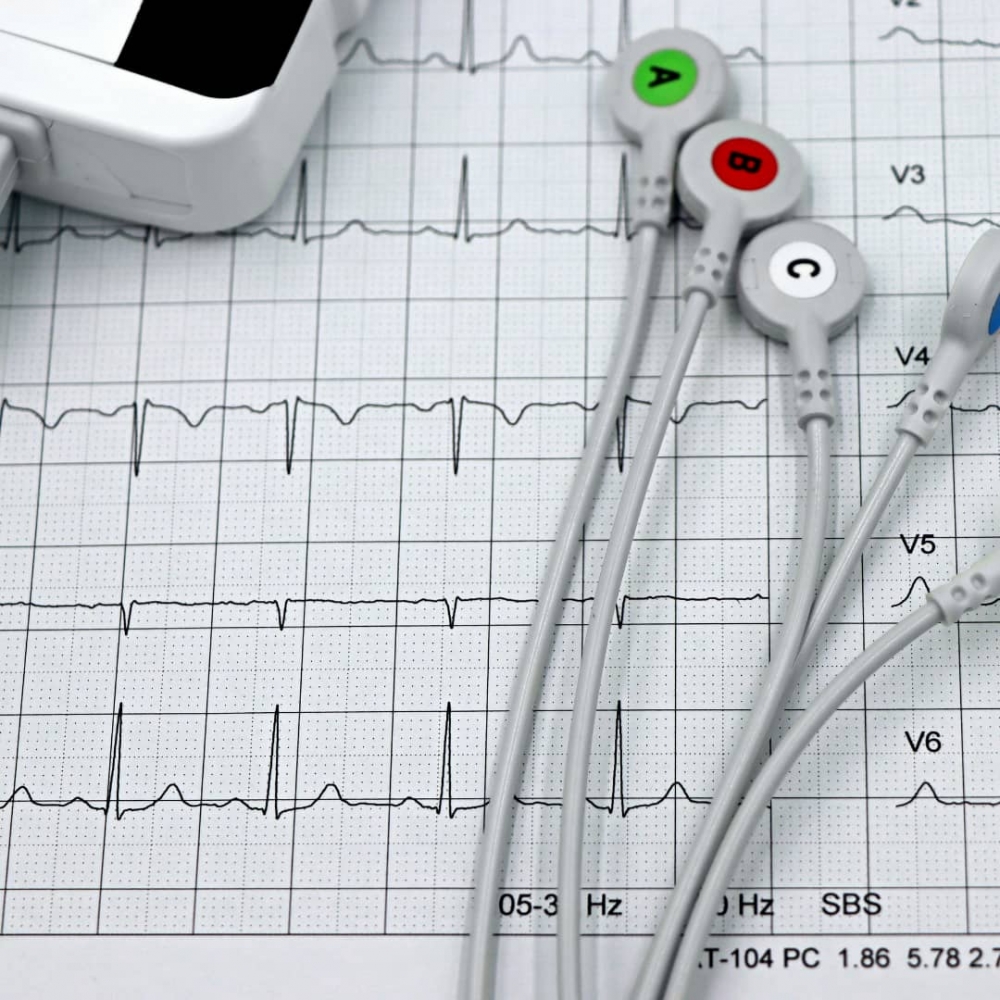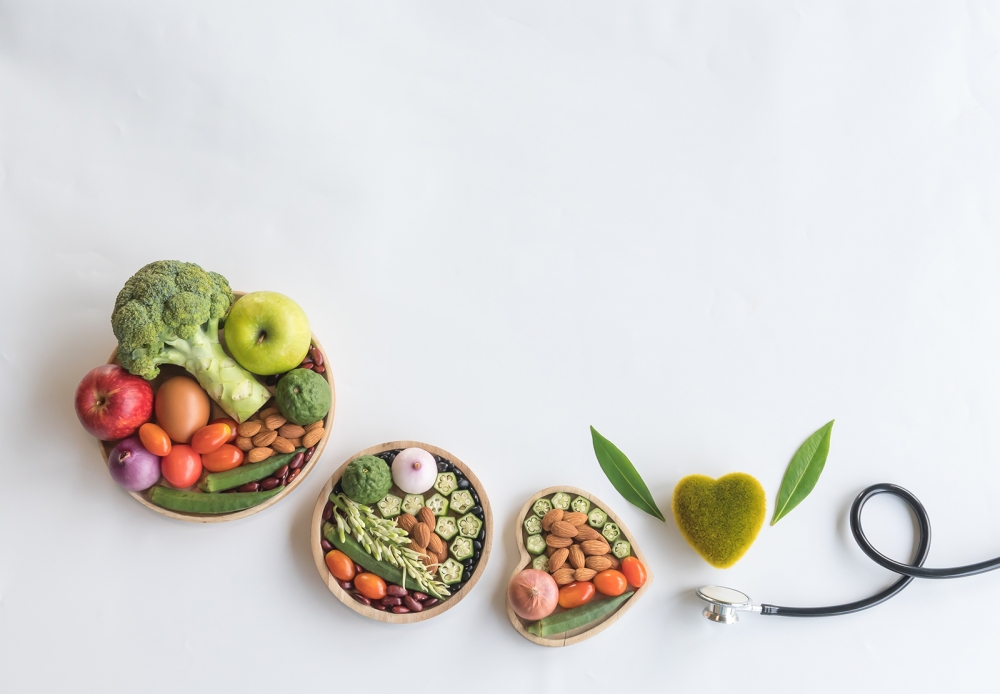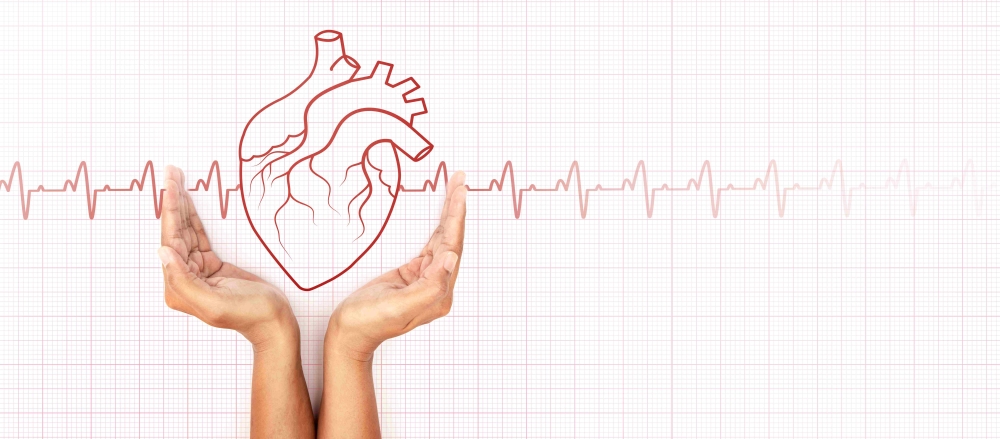Beyond Survival: A New Lens on Maternal Health
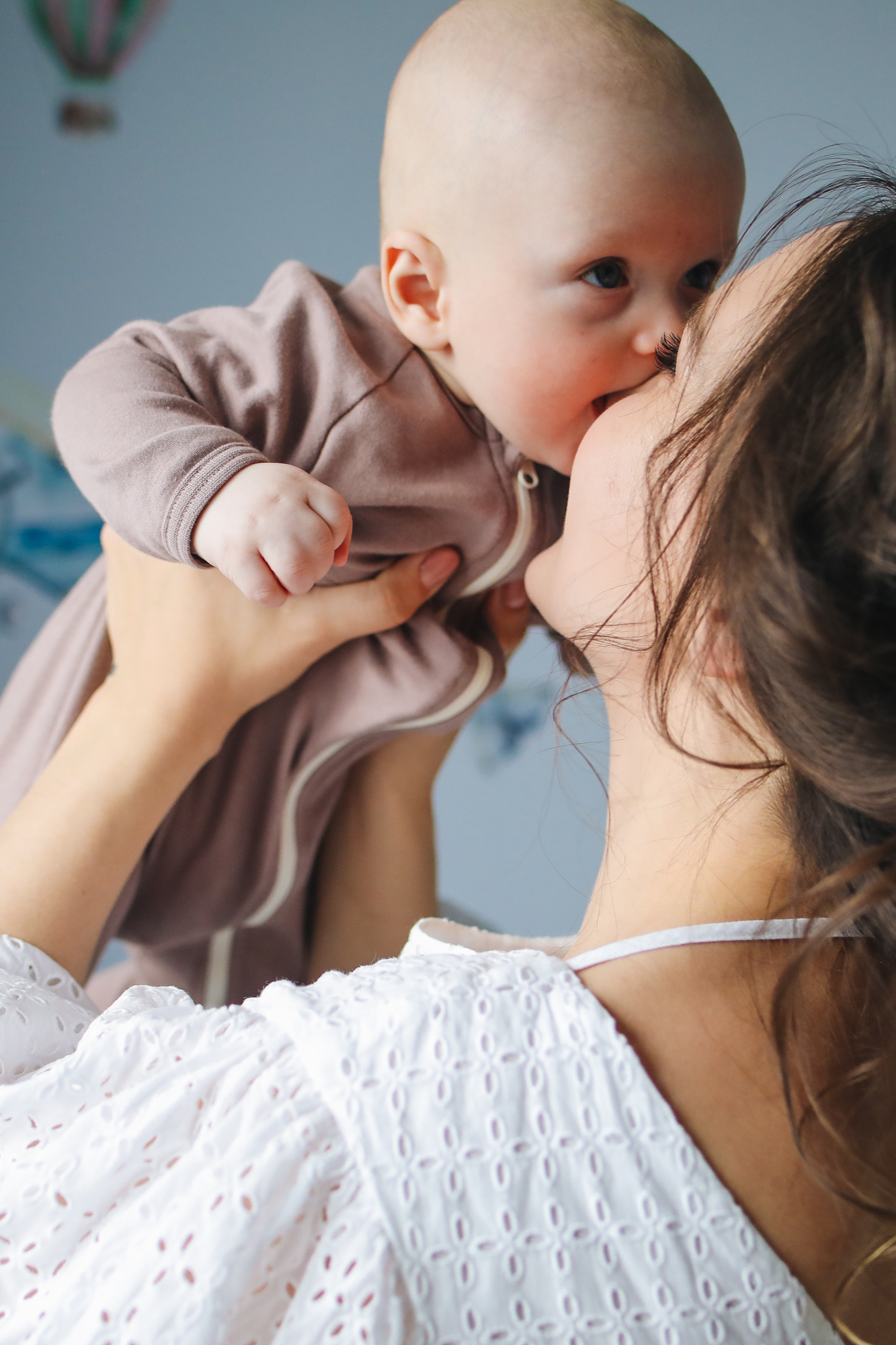
When we speak of maternal health, we’re not just talking about pregnancy or childbirth—we’re talking about a woman’s entire journey: her hopes, her fears, her physical body, and her emotional world. From the moment a woman discovers she is expecting to the months following birth, maternal health is not a series of checklists. It is a continuum of care, dignity, and protection.
And yet, in 2020 alone, nearly 287,000 women across the world died from complications related to pregnancy and childbirth [^1]. That is more than just a statistic—it is a collective failure. Behind each number is a mother, a daughter, a sister—whose life ended too soon, often from causes we already know how to prevent.
What Went Wrong?
The most common causes of maternal death are rarely surprises. Excessive bleeding, infections, high blood pressure disorders like preeclampsia, unsafe abortions, and obstructed labour continue to be major threats[^2]. Add to that the silent burdens—anaemia, malaria, untreated heart disease—and we start to see a complex web where biology intersects with systemic neglect.
But the tragedy lies not just in the what, but in the when. Most of these complications happen after childbirth, often when the world has already shifted its gaze to the baby, forgetting that the mother still needs care. And most heartbreakingly, these deaths are often preventable—with timely intervention, skilled birth attendants, and health systems that don’t fail when women need them most[^3].
At Sunway Medical Centre Velocity, Dr. Gayathri Mariappa, Consultant in Obstetrics & Gynaecology and Maternal Fetal Medicine, is dedicated to supporting women through every stage of this journey with attentive, personalised care.
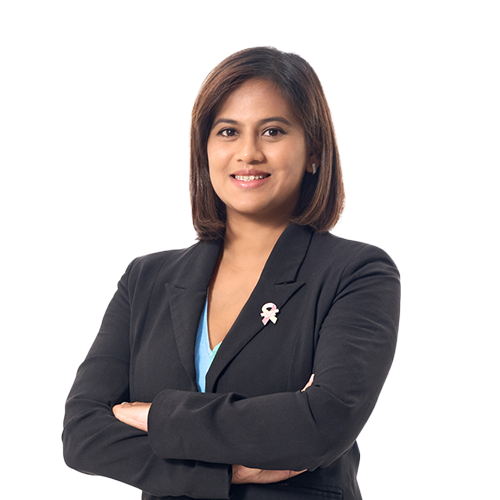
We Must Raise the Bar
It’s not enough to say “mother and baby are alive.” Survival is not the end goal—it is the starting point. A mother who survives childbirth but lives with long-term injuries, untreated pain, or postnatal depression deserves more than to be counted as a success story.
True maternal health means recovery, dignity, and being heard. It means access to respectful, evidence-based care from professionals who not only know what to do, but who treat each woman not just as a patient, but as a person[^4].
Every Pregnancy is Different, Every Birth is Personal
No two births are ever the same. A woman’s health, her social conditions, her access to information and services—all shape how her journey unfolds. That’s why equity matters. Maternal health must not be a privilege tied to postcode, passport, or income level.
So, Where Do We Begin?
We start by listening—to the midwives, the nurses, the obstetricians, and above all, the mothers. We invest in primary care, train health workers, and make sure they’re not just present, but prepared. We build trust in the system. We remove the fear of being mistreated during birth. We stop measuring maternal health only by how few women die—and start measuring how many truly thrive.
Because when we care for mothers, we care for families. And when we invest in maternal health, we invest in the future.
If you’re preparing for motherhood or seeking guidance on women’s health, explore our Women’s Health Centre and connect with our dedicated Obstetrics & Gynaecology specialists. You can also learn more about our baby delivery packages designed to support you at every stage.
[^1]: World Health Organization. (2023). Trends in Maternal Mortality 2000 to 2020.
[^2]: WHO. (2023). Maternal Mortality.
[^3]: UNFPA. (2022). Preventing Maternal Deaths.
[^4]: WHO. (2022). Standards for Improving Quality of Maternal and Newborn Care in Health Facilities.
Suggest to Read
